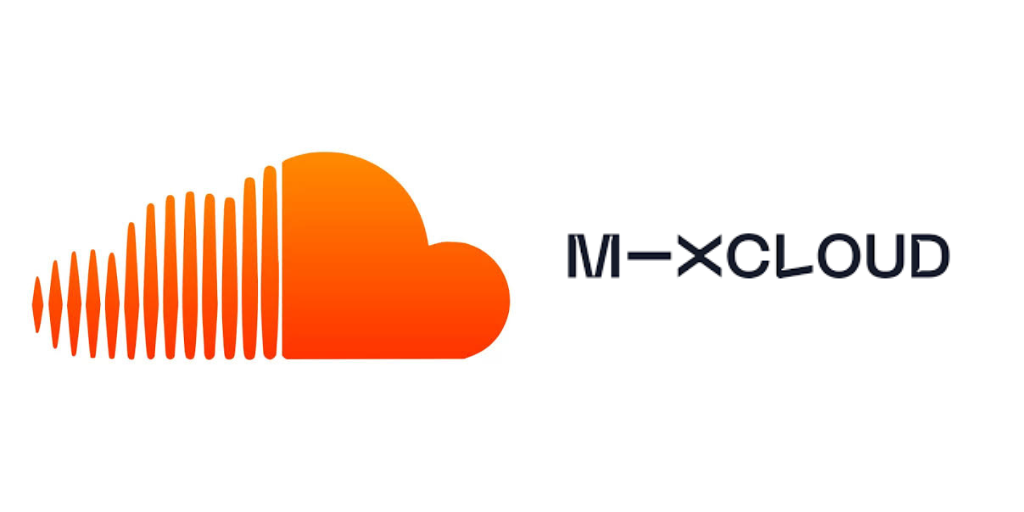
SoundCloud vs Mixcloud: Which One Fits Your Creative Style?
SoundCloud vs Mixcloud
If you’re a DJ, podcaster, music producer, or just someone with audio to share, you’ve probably come across both SoundCloud and Mixcloud. At first glance, they seem similar—but they actually serve different audiences and purposes.
So which one should you use? Let’s break it down based on the type of content you create, your goals, and how each platform handles things like licensing, discovery, and monetization.
First, Know the Core Difference
Here’s the simplest way to think about it:
-
SoundCloud is for tracks.
-
Mixcloud is for mixes.
SoundCloud was built around individual songs and original music uploads. Mixcloud, on the other hand, was built with DJ sets, radio shows, and long-form audio content in mind.
Let’s go deeper.
Are You Uploading Original Tracks or Full-Length Mixes?
SoundCloud: The Playground for Producers and Artists
SoundCloud is perfect if you’re:
-
A music producer sharing original tracks
-
A rapper or singer dropping demos or singles
-
An artist who wants listener feedback
-
Someone who likes to build a fanbase through reposts, likes, and shares
SoundCloud supports both free and paid tiers, and offers analytics, embeds, and social sharing tools that are perfect for artists looking to grow organically.
Mixcloud: Home for DJs and Curated Audio
Mixcloud shines when you’re:
-
A DJ uploading sets or mashups
-
A podcaster with full episodes
-
A radio host sharing hour-long shows
-
Someone using copyrighted music under legal protection
Mixcloud is fully licensed to stream copyrighted content in mixes and radio-style shows. That’s a huge plus if you’re mixing mainstream tracks—you won’t get taken down like you would on SoundCloud.
Copyright and Takedowns
SoundCloud Can Be Tricky with Copyrighted Content
SoundCloud uses automatic copyright detection. If your mix contains unlicensed music—even a few seconds—it may get flagged or taken down. This makes it harder for DJs to upload full-length sets.
Mixcloud Handles Licensing for You
Mixcloud takes care of licensing in the background, so you can legally upload DJ mixes or radio shows that contain copyrighted music. You don’t need to worry about takedowns (as long as your content fits their format).
Monetization and Fan Support
SoundCloud Premier (But Not for Everyone)
SoundCloud does offer monetization through its Premier program, but it’s only available in certain regions and to creators who meet eligibility requirements.
You can also use platforms like Patreon or Buy Me a Coffee alongside SoundCloud to earn from fans.
Mixcloud Select: Direct Fan Subscriptions
Mixcloud offers a program called Mixcloud Select, which lets fans subscribe directly to your channel. You set the price, and fans get exclusive content and downloads.
It’s a more direct way to get support, especially for DJs or curators with a loyal following.
Analytics and Audience Engagement
-
SoundCloud offers detailed analytics on plays, likes, and reposts. It’s designed to help you see what tracks are performing well.
-
Mixcloud focuses more on total listens and listener behavior over time. Engagement tools are simpler but effective for long-form content.
Discovery and Sharing
-
SoundCloud has a massive user base and encourages discovery through tags, reposts, and likes. If a track goes viral, it can really blow up.
-
Mixcloud leans more into genre-based discovery. People often search by vibe, show format, or artist name.
Summary: Which One Should You Use?
Choose SoundCloud If:
-
You’re releasing individual tracks or EPs
-
You produce original music
-
You want to grow an audience through reposts and social sharing
-
You’re okay navigating copyright rules
Choose Mixcloud If:
-
You create DJ sets, podcasts, or radio shows
-
You want to legally stream copyrighted music
-
You prefer a subscription-based fan model
-
You focus on long-form, curated audio content
Final Take: Why Not Use Both?
Honestly, many creators use both. You can post your original tracks on SoundCloud and your DJ sets or full mixes on Mixcloud. Each platform complements the other and helps you reach different parts of your audience.